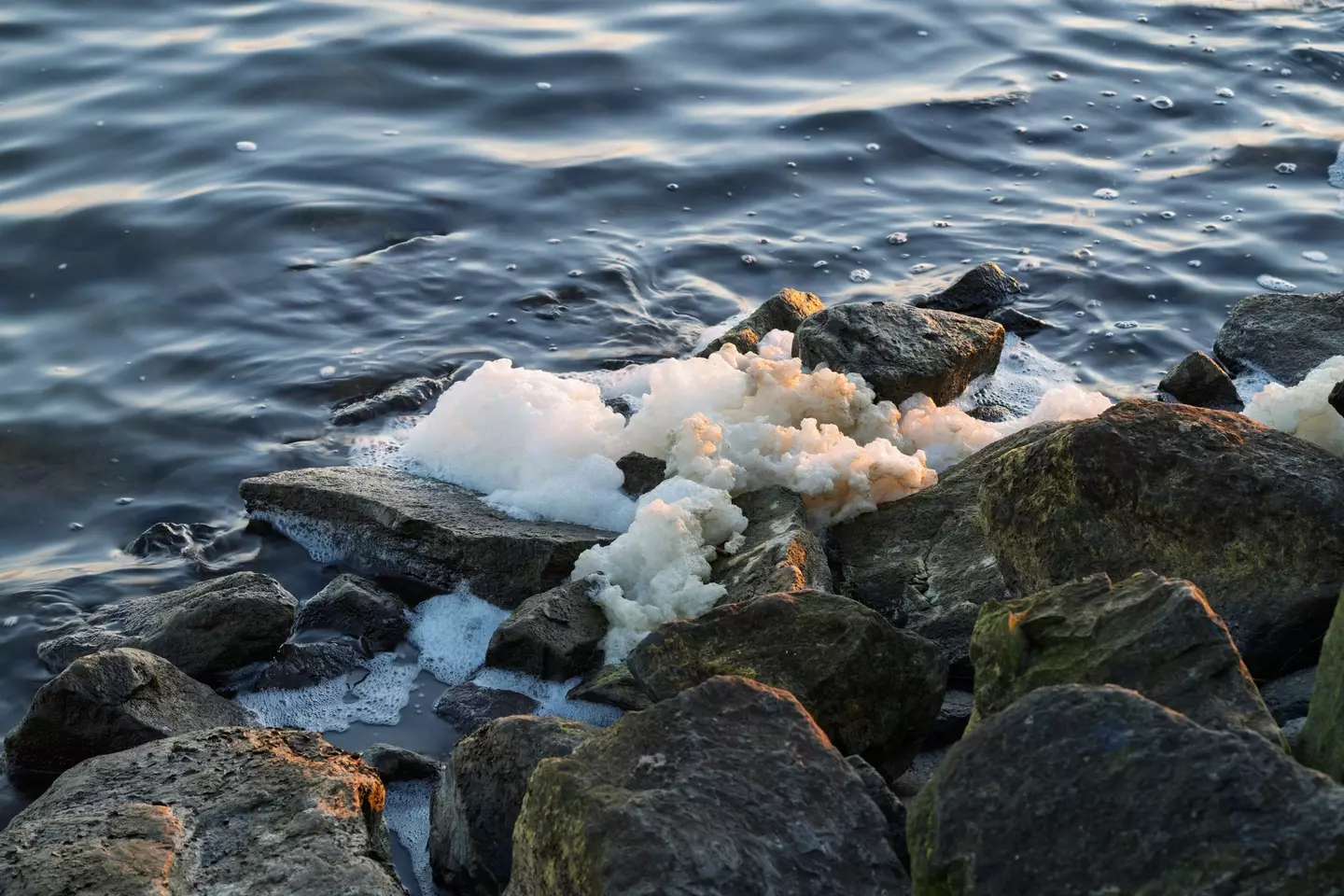
It’s within living memory that PFAS (per- and polyfluoroalkyl substances) were being hailed as a wonder of human invention.
These artificial chemicals are the basis for non-stick coatings, water-repellent clothing like GoreTex, and some packaging types and firefighting foams, and they’re generally pretty good at what they do.
The trouble is that their water and fire-resistant qualities and inability to break down mean they’re bad news for the environment. Manufacturing methods and ‘leaching’, whereby they bleed into water, mean they’ve found their way into waterways and just about anything associated with them.

Advert
With that in mind, it might comes as no surprise that a recent study has revealed several beer brands in the US have got PFAS in their brews.
The study, published in the Environmental Science & Technology journal, says ‘approximately 18% of U.S. breweries are located within zip codes with detectable PFAS in municipal drinking water’, and so it seems its authors were confident of finding them in the beers.
Writing in the Guardian, Tom Perkins said: “The levels detected in the beer were as high as 40 parts per trillion (ppt).
“Drinking water limits for several common PFAS compounds are between four and 10 ppt, though drinking water is more of a risk because people generally consume more of it.”
He continued: “The highest levels were detected in beer brewed in the Cape Fear River Basin in North Carolina, where the environment has been thoroughly contaminated by Pfas largely stemming from a Chemours chemical plant in Fayetteville.
“Beer produced there showed some chemicals made at the Chemours plant, and generally contained a wider variety of PFAS compounds.”
In terms of what PFAS mean for our bodies, it’s still unclear what the full effects and implications might be.
The US Environmental Protection Agency (EPA) has detailed the potential effects that thus far discovered amongst peer-reviewed studies.
Those include:
- Decreased fertility and increased blood pressure in pregnant women;
- Developmental issues in children including low birth weights, accelerated puberty, behavioural issues and bone variations;
- An increased risk of developing certain cancers, such as prostate, testicular and kidney cancers;
- Impaired immune function and reduced responses to vaccines;
- Hormonal interference;
- Increased risk of obesity and high cholesterol.

However, one of the beer study’s co-authors, Jennifer Hoponick Redmon, told the Guardian: “If you want to still enjoy happy hour, then I think you should, but I hope our findings help future happy hours be relatively healthier.”
In other words, the onus shouldn’t be on us to monitor what we’re eating and drinking for PFAS – manufacturers need to do more to limit them entering their products.
